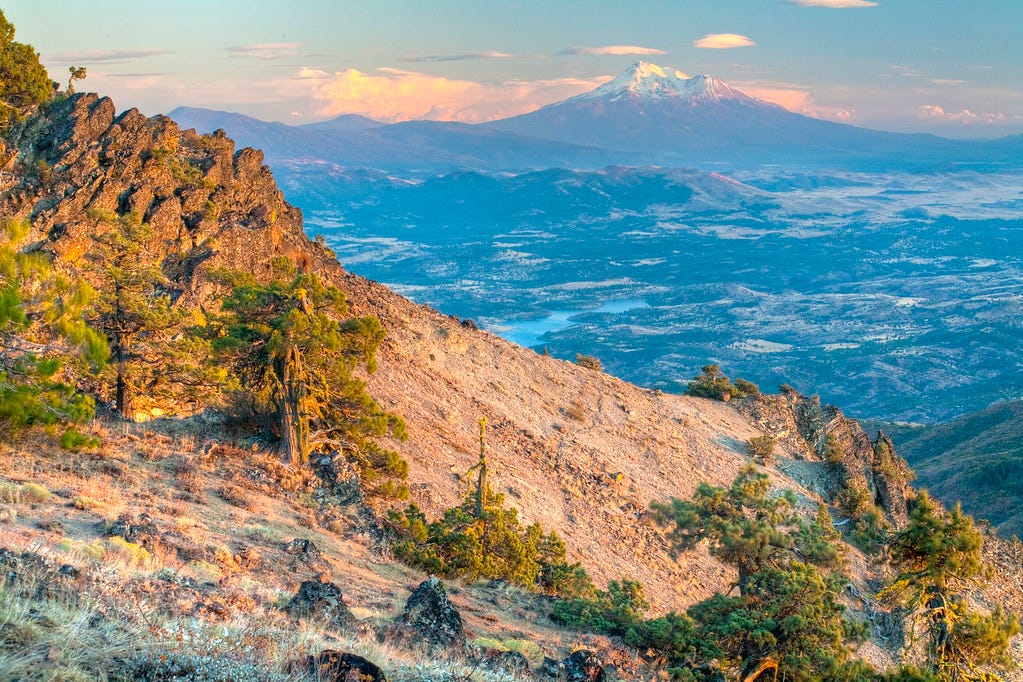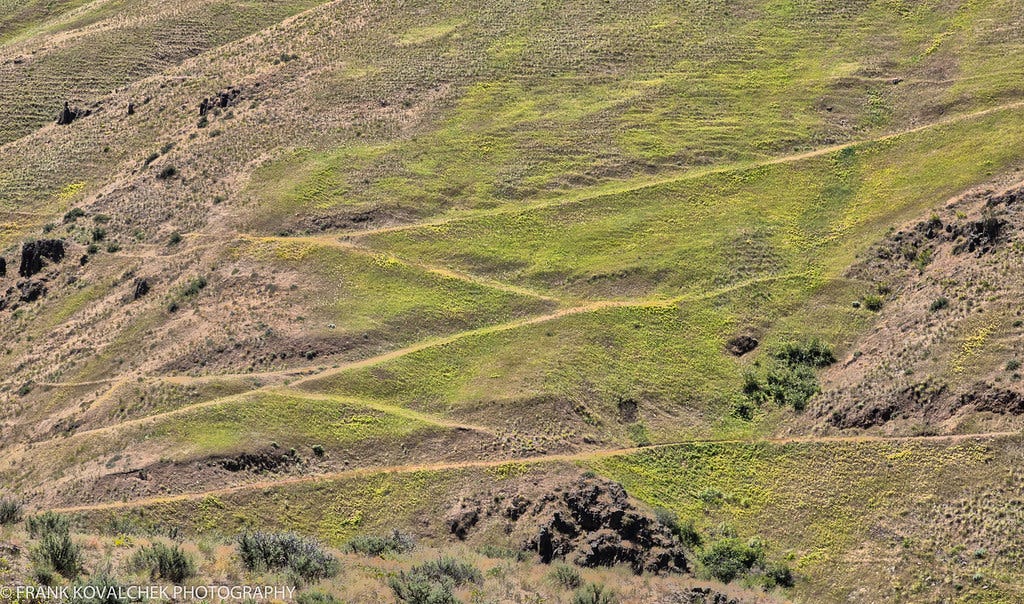
Editor’s note:
This is an unconventional post for The Oregon Way. Pardon the disruption to our usually scheduled programming. We’re working on refining our contributor schedule as we formalize our operations.
To a better Oregon,
Kevin
To do:
Send your favorite Oregon Way post from this week to a friend:
Christina deVillier: Problem Solving the Future for Oregon’s Salmon
Glendora Claybrooks: For healthcare: Everybody in and nobody out
Kevin Frazier: Ask not what Oregon can do for you
Kevin Frazier: Reviving Hatfield's Test for Good Governance
Make sure we’re not missing a voice.
If you have any suggestions for contributors to join our community, send them to kfraz@berkeley.edu
Do your part to sustain the Way.
Join 11 other Oregonians who have cumulatively donated $670.
If each subscriber donates $20, we can hit our goal to move toward hiring a part-time editor.

To read: Turning Point.
When people ask who started the idea of an Oregon “Way” of approaching politics, I always say that no one person can blaze a trail; it takes a group committed to forging a common trail to create a new path—one that others can one day follow.
But, even if a one person cannot create a trail, single individuals can still play a role in setting the direction of that trail and making sure others are prepared to follow it.
When it comes to Oregon’s “Way” — collaboratively and pragmatically approaching public issues, a few such trail guides stand out. For me, one of my guides was Ed Whitelaw.
If you don’t know Ed, then it’s because you haven’t met him. I believe that it’s impossible to forget his contagious smile, cunning arguments, and capacity to tell stories that rival those of Twain in terms of adventure and humor.
My first encounter with Professor Ed Whitelaw came during my senior year at the University of Oregon. He was leading me and twelve other students through “Economics of the Pacific Northwest.” Even for English majors and science students, Ed made the class engaging, relevant, and entertaining. For folks who truly dove into the subject, Ed offered something no textbook can ever teach: a new way to understand community and communication.
I was one of those folks.
I was one of those students (aka one of those nerds) who could not get enough of Ed’s class. His assignments were not essays, but the economics-equivalent of a logic game: using as few of as words as possible, how can you demonstrate understanding of complex concepts? Often times, Ed had thought so deeply about the requisite number of words that problems would come with word limits as specific as 13—any more and you’d start to lose points.
This approach to teaching not only pushed students to change their approach, but also pushed Ed to provide meaningful, substantive feedback on every answer. Often times, it was clear that he spent more time reviewing my work, then I had spent on the assignment itself. He treated grading not only as a professorial obligation, but also as an opportunity to truly help students learn the material and leave the class more equipped to contribute to their community.
Admittedly, not all of the economics that Ed taught me have stuck with me. However, his devotion to his work, to the campus community, and to his students left an indelible mark on me. Ed does not believe in wasting time, perhaps that’s why his sleep schedule is as fine-tuned as a Swiss watch and as brief as in duration as a shooting star.
I wasn’t the only student who picked up on Ed’s devotion and I’m not the only one that aspires to emulate it. There’s a grad student in Santa Barbara who applies Ed’s devotion to the study of economics. There are lawyers in Bend who strive to match Ed’s commitment to detail. There are other Whitelaws who are shaping the future of Oregon by similarly giving their all to the causes and efforts they believe in.
Ed empowered me to follow a new path. Ed showed me a turn in the trail that I leaned into with all my might. In other words, he made clear that if you put enough time and energy into something, there’s nothing that can hold you back. So, I set off on a lifelong journey of pouring everything I’ve got into whatever is right in front of me. I think that every contributor to The Oregon Way had their own “Ed” show a similar turn at some point in their life.
My hope is that just as Ed inspired students to see themselves in new ways and to chart novel paths, The Oregon Way challenges readers to think about new ways to collectively solve problems.
Who are your trail guides? Think they’d like to help us chart a new path?
*************************************************
Send feedback to Kevin:
@kevintfrazier
Keep the conversation going:
Facebook (facebook.com/oregonway)
Twitter (@the_oregon_way)
Check out our podcast:



